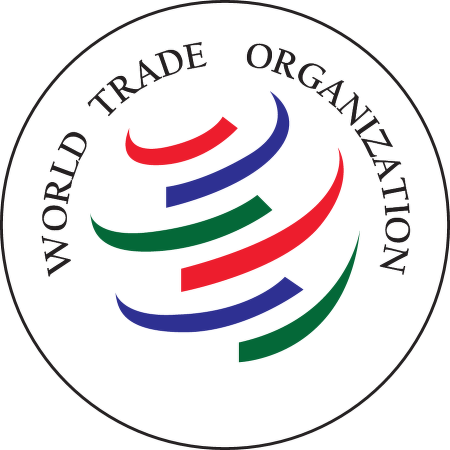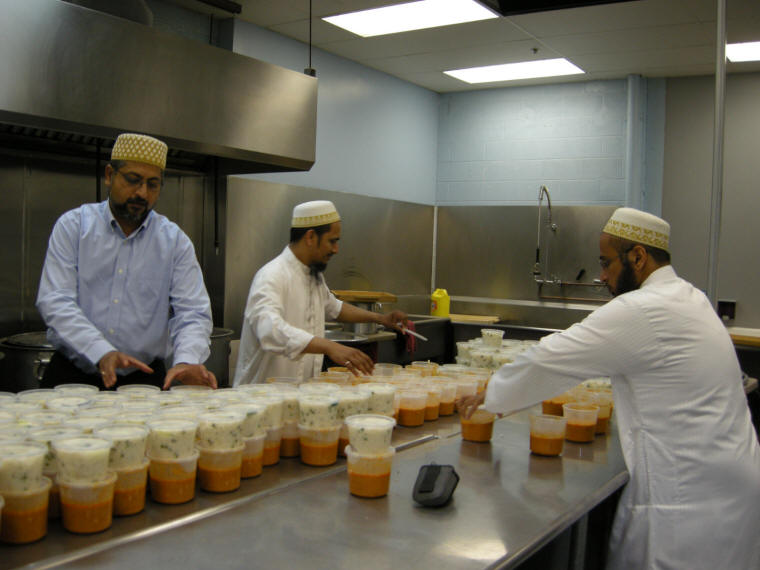
by admin | May 25, 2021 | Business, Commodities, Commodities News, Economy, Markets, Medium Enterprise, News
 Canberra : Australia and Brazil have decided to escalate a trade dispute with India over sugar subsidies before the World Trade Organisation (WTO), Canberra said.
Canberra : Australia and Brazil have decided to escalate a trade dispute with India over sugar subsidies before the World Trade Organisation (WTO), Canberra said.
Trade Minister Simon Birmingham announced this late Wednesday after it was decided that subsidies paid to Indian sugar farmers was leading to an abundant global supply of sugar and significantly lower prices, disadvantaging other country’s farmers.
The global sugar price has hit a 10-year low, crippling sugar farmers in Australia who have also had to combat drought and floods, he said.
“That’s hurting canegrowers and sugar millers whether they’re in Australia, Brazil, or any other country in the world,” Birmingham told reporters.
Birmingham said that Australia has voiced its concerns to India to no avail, leaving the government with “no other choice but to initiate formal WTO dispute action, together with Brazil”, Xinhua news agency said.
“Last year, we saw around 1 billion Australian dollars (AUD) of additional new subsidies to Indian sugar farmers,” he said.
According to the Australian Sugar Mining Council, the subsidies could amount to 360 million AUD in losses for Australian farmers over the 2017-2018 and 2018-2019 financial years.
—IANS

by admin | May 25, 2021 | Commodities, Commodities News, World
 Geneva : The World Trade Organisation (WTO) has agreed to set up panels at its Dispute Settlement Body (DSB) to decide whether US tariffs on steel and aluminium imports comply with WTO rules, a trade official said here.
Geneva : The World Trade Organisation (WTO) has agreed to set up panels at its Dispute Settlement Body (DSB) to decide whether US tariffs on steel and aluminium imports comply with WTO rules, a trade official said here.
On Wednesday, China and the European Union (EU) along with Mexico, Norway, Russia, Canada and Turkey protested against measures by Washington which they said were not for national security reasons but for American economic interests, reports Xinhua news agency.
In June, the US imposed a duty of 25 per cent on steel imports and a 10 per cent on aluminium imports from Mexico, Canada and the EU, among other regions, citing a national security exemption.
The DSB agreed to set up separate panels for the complaints.
On the same occasion, India and Switzerland submitted their first requests for panels to rule on the US tariffs.
Like the seven other members, the two argued that the US actions were, in effect and content, safeguard measures, drawing concerns that Washington was using national security as a justification for the tariffs.
Meanwhile, the US secured the establishment of four panels to examine countermeasures imposed by Canada, China, the EU and Mexico on certain American imports in response to the tariffs.
In a report on Thursday, WTO Director-General Roberto Azevedo issued a warning saying that new import-restrictive measures have hit a new high.
He said the report’s findings “should be of serious concern for G20 governments and the whole international community”, warning that further escalation remains a real threat.
“If we continue along the current course, the economic risks will increase, with potential effects for growth, jobs and consumer prices around the world,” Azevedo said.
—IANS

by admin | May 25, 2021 | Commodity Market, Economy, Investing, Markets, News
 By Arul Louis,
By Arul Louis,
United Nations : India has called for a new global partnership to stimulate the weak economic growth through long-term investments in critical sectors and enhancing trade.
The global economic recovery is only progressing slowly and growth is weaker than expected while risks persist, Ashish Sinha, a First Secretary in India’s UN Mission, told the General Assembly committee dealing with economic and financial matters on Thursday.
In this scenario, there was great need for a renewed global partnership to promote longer-term investment, including foreign direct investment, in critical sectors such as transportation, agriculture, energy, infrastructure, and information and communications technology, he said.
“Policies for enhancing economic growth and growth inducing investment should be our top priority,” he said.
In July, the World Bank projected the global growth rate for this year to be just 2.7 per cent, marginally up from last year’s 2.4 per cent.
Sinha said: “The new partnership should also identify effective mechanisms to mobilise additional resources for financing sustainable development.”
He recommended trade liberalisation and integration into the global economy as a way to spur growth in developing countries citing the case made by Arvind Panagariya, the former vice chairperson of the Niti Aayog, in his keynote address to the committee.
“Open trade is a means to create employment and contribute to achievement of SDGs (UN’s Sustainable Development Goals) through greater economic activity and revenues,” he said.
“Developing countries derive significant benefit from an open, fair, rule-based, predictable, and non-discriminatory trading and financial system.”
Sinha gave an assurance of India’s support for a multilateral trading system with the World Trade Organisation (WTO) “as the cornerstone”.
“India believes that multilateral negotiations such as those envisaged under the Doha Development Agenda (DDA) are aimed at addressing existing inequities in the trading system and must be given high priority,” he said.
The DDA the WTO negotiation launched in Doha in 2001 aimed at lowering trade barriers and revising trading rules to mainly benefit developing countries.
Sinha said that additional measures such as improving rural infrastructure were needed to help integrate rural households into world markets.
(Arul Louis can be reached at arul.l@ians.in)
—IANS

by admin | May 25, 2021 | Halal Food, Halal Industries

Bohra Community Kitchen -Food Distribution (File Photo,Maeeshat)
New Delhi:(IANS) India is working with the WTO members for a permanent solution to the problem of public stockholding for food security purposes, or the “subsidy cap issue”, parliament was informed on Wednesday.
The World Trade Organisation General Council’s November 2014 decision in the matter “also includes a commitment to find a permanent solution by December 31, 2015, on a best endeavour basis and a firm commitment to engage in negotiations for this purpose through an intensified programme of work”, Commerce Minister Nirmala Sitharaman told the Rajya Sabha in a written reply.
“The General Council adopted a decision in November 2014, making it clear that WTO members will not challenge the public stockholding programmes of developing country members for food security purposes, and the peace clause will remain in place in perpetuity until a permanent solution has been agreed and adopted,” she added.
The WTO agreement on public stock holding, paved the way for signing the trade facilitation agreement (TFA) for easing global custom rules.
The TFA, approved by 160 WTO members last year, aims to streamline and harmonise customs procedures to bring an estimated saving of over $1 trillion annually.
An agreement between India and the US earlier opened the way for a consensus on the TFA which had eluded the WTO members.
India has asked for a permanent solution to the issue of public stockholding for food security purposes and not restricted for a period of four years as decided earlier during the WTO ministerial meeting in Bali, Indonesia, last year.
India has been under pressure from several countries, particularly the US, to drop its objections to the TFA.
India’s objections are on the WTO limits on agriculture subsidies at 10 percent of the total value of foodgrains production, and on stockpiling them. Complying with the Food Security Act passed in 2013 that guarantees subsidised foodgrains to around 70 percent of the population could result in breaching these limits leading to penalties for India.
Members also agreed on what is called the “peace clause”, that till 2017 no country can move to the dispute settlement body of the WTO against another member if its government was found to be breaching the level of subsidy freeze that was permitted.

 Canberra : Australia and Brazil have decided to escalate a trade dispute with India over sugar subsidies before the World Trade Organisation (WTO), Canberra said.
Canberra : Australia and Brazil have decided to escalate a trade dispute with India over sugar subsidies before the World Trade Organisation (WTO), Canberra said.


